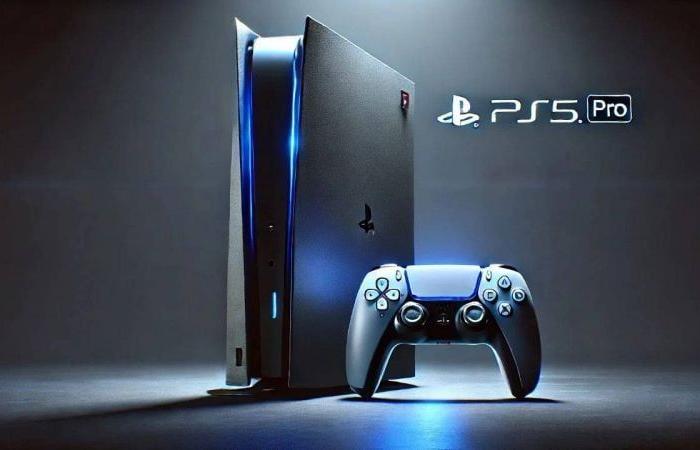A few days before the release of this high-end version of the Sony console, some players encountered in the streets of Tokyo are skeptical.
“I don’t think I’m going to buy it.” I don’t want to spend money like that to buy a console. I can’t say that it appeals to me,” comments Hideki Hasegawa, a 45-year-old self-employed person, remembering a time when consoles “shouldn’t cost more than 30,000 yen (around 180 euros today)”.
The increase of 250 euros – compared to the classic model – of this improved version of the Playstation 5 is described as “a challenge from a marketing point of view”, in a note from Junya Ayada, analyst at the JP Morgan bank .
“This is the most powerful console we have ever built,” highlighted Mark Cerny, the main architect of the Japanese group’s consoles since the Playstation 4, during an online presentation.
But this price jump is not an isolated case. “This is a general trend, which concerns all electronic devices, whether phones, video games, virtual reality headsets or connected watches,” explains Jack Leathem, analyst at Canalys, a research firm. specializing in technology markets.
Cutting-edge technologies
If the price of the iPhone 16, for example, remained unchanged this year compared to the previous model – and lower than that of the iPhone 14 – it is well above the launch prices charged five years ago.
The trend is similar among competitors like Samsung, with the Galaxy Z Fold 6, a high-end foldable phone.
“These are new entrants to the market bringing new technology, which usually means a higher price,” says Brian Comiskey, technology development specialist for the Consumer Technology Association.
This increase is also linked to the price of components, according to Jack Leathem. The prices of certain raw materials, notably those of indium and yttrium, two rare metals, have in fact experienced sharp increases.
But the high-speed adoption of generative artificial intelligence by many brands has also required significant investment. “Companies have to make a profit, they have to somehow counterbalance the amounts they invest in AI and new technologies by also increasing the price of the device,” adds the analyst.
Extended lifespans
However, prices do not seem to be a major obstacle to purchasing. According to estimates from Canalys, nearly 310 million smartphones were sold in the first nine months of 2024, an increase of 5% compared to the previous year.
For Josh Lewitz, analyst at the American firm Consumers Intelligence Research Partners, “there has really been an increase in the price that it is possible to pay for a phone”.
But this development goes hand in hand with a generalized increase in the lifespan of devices, points out Michael R. Levin, analyst within the same firm: from two years or even less, it now tends to extend to three years.
As for the American market, generalized payment facilities have also followed suit. More and more operators are offering to spread the payment over three years, instead of two previously. “This made the relative price difference less significant,” emphasizes Michael R. Levin.
Source: AFP
A few days before the release of this high-end version of the Sony console, some players encountered in the streets of Tokyo are skeptical. “I don’t think I’m going to buy it. I don’t want to spend money like that to buy a console. I can’t say that it appeals to me,” comments Hideki Hasegawa, a 45-year-old self-employed person, remembering…
- -





